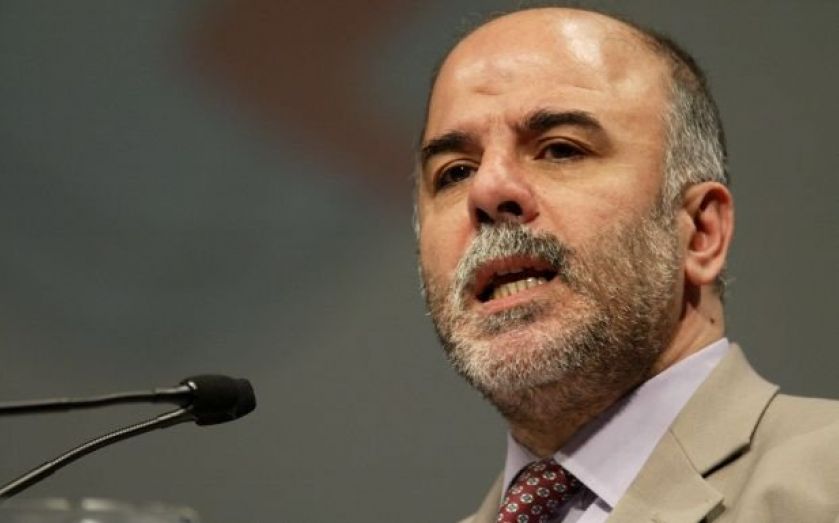| Updated:
Iraq’s new PM: Who is Haider al-Abadi and why will he be better than Maliki?

Yesterday Nouri al-Maliki stepped down as Prime Minister of Iraq, following mounting pressure from the West and East alike.
A divisive figure with a pro-Shiite attitude, he has been blamed for the deep schism that has formed between the Shia-led government and the country's Sunni minority, which accuses him of alienating them and not considering their needs.
The dissatisfaction among the country's moderate Sunnis is considered to have paved the way for the establishment of the Islamic State (IS) militant group, which has gained control of much of the north of the country.
Maliki has therefore been criticised not only by the US, which has been pressing for the formation of a more inclusive government, but also by neighbouring Iran and even his own Dawa political party.
His critics faced months of trying to persuade the Shiia political class to oust him before Maliki took the decision into his own hands. Now into his shoes steps Haider al-Abadi – the US's number one candidate for the role.
It is hoped that he will be able to bring together a more inclusive government and reverse some of the friction that now exists between the country's various factions, in the hope of creating a unified force against the growing threat of IS.
But who is al-Abadi?
Born in Baghdad in 1952, it did not take long for Abadi to become involved in politics. At age 15, he joined the Dawa party – the same party as his predecessor Maliki.
It was not until later in his life that he took on an active role in the party, however. After studying first at the University of Baghdad, he moved to Britain to do a PhD in electrical engineering at the University of Manchester.
An outspoken critic of Saddam Hussein's Ba'athist regime, he was unable to return to Iraq while it was in power and so stayed in Britain for a number of years, working as an electrical engineer. While here, he ran his own small design and technology firm and in 1997 received a grant from the trade and industry ministry for technology innovation.
It was only after the US-led invasion in 2003 that Abadi went back to Iraq and it was then that he became heavily involved in Dawa party. He has held a number of senior posts since then, including minister of communications and, most recently, deputy speaker of parliament.
His political career to date has been closely linked to that of Maliki, to whom he acted as key adviser in the country's first post-invasion elected government. In fact, during Maliki's televised announcement of his resignation on Thursday, he said that he was relinquishing power to his favourite “brother”, who was standing alongside him.
Unlike Maliki, Abadi is considered to be moderate by those who have been in favour of his appointment. They believe that he will be more capable of gaining support from the country's Kurds and Sunnis. Maliki, meanwhile, has been accused of pursuing a sectarian agenda and filling the government with Shia politicians, to the exclusion of Sunni and Kurdish minorities.
Abadi's more distinguished background has also given him a headstart when it comes to popularity, Iraqi politics expert Reidar Visser told the Washington Post.
"Many of the elites from the governing council-era consider him one of their own in terms of a prestigious family background, whereas Maliki was seen as more of an upstart from humble origins," he said. "Things like that count in the (old-fashioned and traditional) Iraqi establishment."
However, his appointment has not been completely free from controversy. For some Sunnis in the country, the fact that he is Shia is not enough of a change to encourage unification between the two groups.
More specifically, they are critical of the fact that he is a member of the same political party as Maliki. “We have been having a leader from the same party for 10 years, starting with Jafari and now with Abadi,” said Mohammed Bashar al-Faidi, an Iraqi Sunni cleric, told the FT. “We are now trapped within this political process that is taking us nowhere. We're not concerned about which politicians come and go. They're all partners in this.”
Nonetheless, he is viewed as a more suitable person for the role than Maliki, and most importantly one who will be highly active in targeting IS, which now controls a third of the country. In an interview with the Huffington Post in June, Abadi showed how much of a threat he considered IS to be by warning that the militants were a “catastrophe” for the entire region and also to the West.